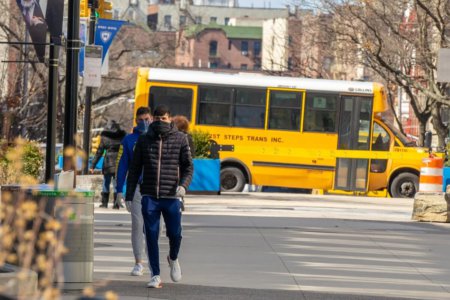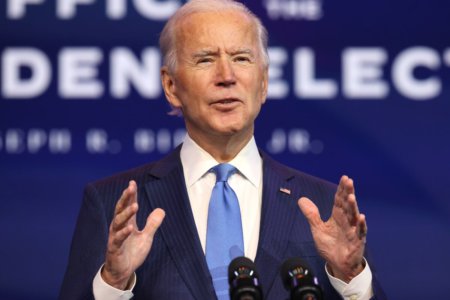
The US Department of Homeland Security’s (DHS) Immigration and Customs Enforcement (ICE) will soon launch a new unit to solely investigate the Optional Practical Traning (OPT) work permit. It will focus on corroborating OPT compliance in terms of personnel, wages, hours, and compensation, thus supporting the ICE, which is “currently unable to evaluate the impact OPT has had on US workers and foreign students who have obtained work authorisation,” DHS says.
This “OPT Employment Compliance Unit” comes after a federal judge saved the OPT in December 2020, following a tech union’s motion that the system was unfair to domestic employees. The result was seen as protecting the rights of international students, as well as their contribution to the US economy. The OPT is the most common bridge to full-time employment in the US; it is a pathway to the H-1B visa for specialised skills. The US Citizenship and Immigration Services (USCIS) approved a record 223,284 OPT requests in the 2019 fiscal year.
Why is OPT compliance under scrutiny?
DHS also stated that the unit will be responsible for recommending investigations of employers and students, as needed. Such investigations “ensure that the OPT programmes operate in a lawful manner at US worksites,” the agency said. “For example, if the unit were to detect evidence that an employer is using OPT in a discriminatory manner (e.g., as a means to hire only foreign nationals or only individuals of certain nationalities to the exclusion of others), or in a manner that negatively impacts wages, this unit may notify the US Department of Labour and the US Department of Justice.
On the flipside, ensuring OPT compliance would enable foreign students on the end of their temporary work permit to transition to the H-1B visa. Thus, employers — especially Silicon Valley tech giants — would soon be under “greater scrutiny and enforcement of all OPT requirements,” immigration law firm Berry Appleman & Leiden told The Mercury News. Former DHS attorney Kelli Duehning believes it will transition into the Biden administration, adding, “This new unit could be positive if they moved from an enforcement-minded focus to more of a unit that tries to understand the extent of any fraud, why it is happening, and finding solutions to ensure the fraud can be detected more easily, and preventing it from it happening in the first place.”
International graduates are allowed to stay in the country to work for one to three years, depending on their programme of study. Once a student’s OPT expires, they have a 60-day grace period to leave the US, change their status, or transfer their F-1 visa status to a new school or programme. If they remain in the US — without a timely filed Change of Status — this will be considered as an unlawful presence. Plus, delayed applications lead to missed job opportunities. Students do not want to fall into either category, so many have been urging USCIS to speed up their applications.










